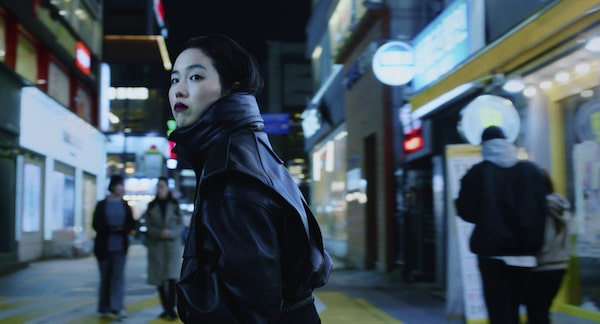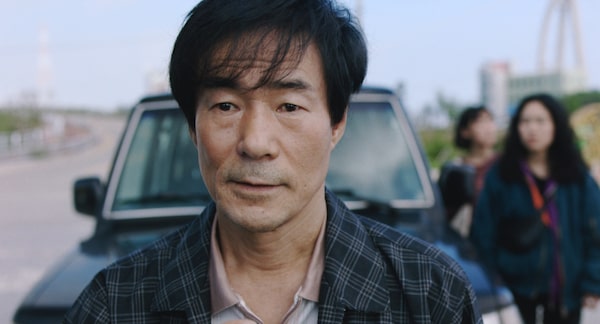
Jimin Park as Freddie in Return to Seoul.Thomas Favel/Courtesy of Pictures Classics / Mongrel Media
Return to Seoul
Written and directed by Davy Chou
Starring Ji-min Park, Kwang-rok Oh and Louis-Do de Lencquesaing
Classification R; 115 minutes
Opens in select theatres March 3
Critic’s Pick
There are two cautionary tales involved with Davy Chou’s new film Return to Seoul.
The first is industry-related, and speaks to the big, troubling challenge that comes with releasing any even vaguely independent cinema in the current climate: In an effort to goose its Oscars chances, the U.S. distributor of Return to Seoul released the film in a handful of New York and Los Angeles screens late this past December. Which meant that there was suddenly a flurry of buzz for a movie that most people in North America had no hope of seeing. And might very well forget by the time it was given a proper release.
Well, now Chou’s film is actually here for (more) people to access, even though the hype is slightly tarnished by the movie’s failure to actually get any of that awards-season attention. Does that make the film somehow lesser than? I can only hope not, given that the movie is one of the more exciting, invigorating dramas to come along so far this year (or the last, depending on just what release date you’re going by).
Which is also where that second cautionary-tale disclaimer comes in: Return to Seoul is, ultimately, a movie about the dangers of looking into your past – of where you came from, and what that means about where you might be going. It will touch nerves, light fires, and send some moviegoers on a million-mile journey inside their own heads.

Oh Kwang-Rok as Freddie’s Korean Father.Thomas Favel/Courtesy of Pictures Classics / Mongrel Media
Originally (and more poetically) titled All the People I’ll Never Be when it played Cannes last year, Chou’s third feature film follows Freddie (Ji-Min Park), a twentysomething woman of remarkable confidence, and arrogance, who travels to South Korea in search of her birth parents. Adopted as a baby by a French couple, Freddie has endured a falling out with her Parisian family for reasons unknown, and is now in Seoul looking for answers to questions that she can barely summon herself to ask.
Impatient and reckless, Freddie is a disrupting force to anyone she encounters. She ignores social cues, questions authority at every turn, and seems to live her life as if it should have ended long ago. And thank goodness for that, as by centring his film around such an unpredictable and at times intensely unlikeable character, Chou bucks any expectations that typically arrive with films about people rediscovering their roots. Return to Seoul is not a dour, sombre thing – it is intense, electric and confrontational.
It is also constantly surprising, with Chou employing multiple time jumps that eventually land the film in contemporary COVID-era Seoul. Half an hour into the film, Freddie is just getting to know her biological father (Oh Kwang-rok) – the point at which it feels like another, different kind of film might be ending. But then we’re punted years ahead and trying to adjust our image of the once hard-partying Freddie as now a more clear-eyed protégé for a slick French arms dealer (Louis-Do de Lencquesaing). Another half-hour later, we’re even further down Freddie’s road, as she tries to reconcile the girl she once was in France with the woman she has now become in Seoul.
Just when you think you have a handle on the character, and where her story might be going, the film hits you over the head with a thwack – perhaps an attempt to symbolize the many emotional head-spins that Freddie herself encounters, or maybe just Chou’s way of giving a metaphorical middle finger to the stranger-in-a-strange-land genre.
Either way, Chou’s film – anchored by Park’s tough, committed performance – ends in a place that feels miles removed from where it started. Savour the journey, whenever you might be able to do so.
 Barry Hertz
Barry Hertz